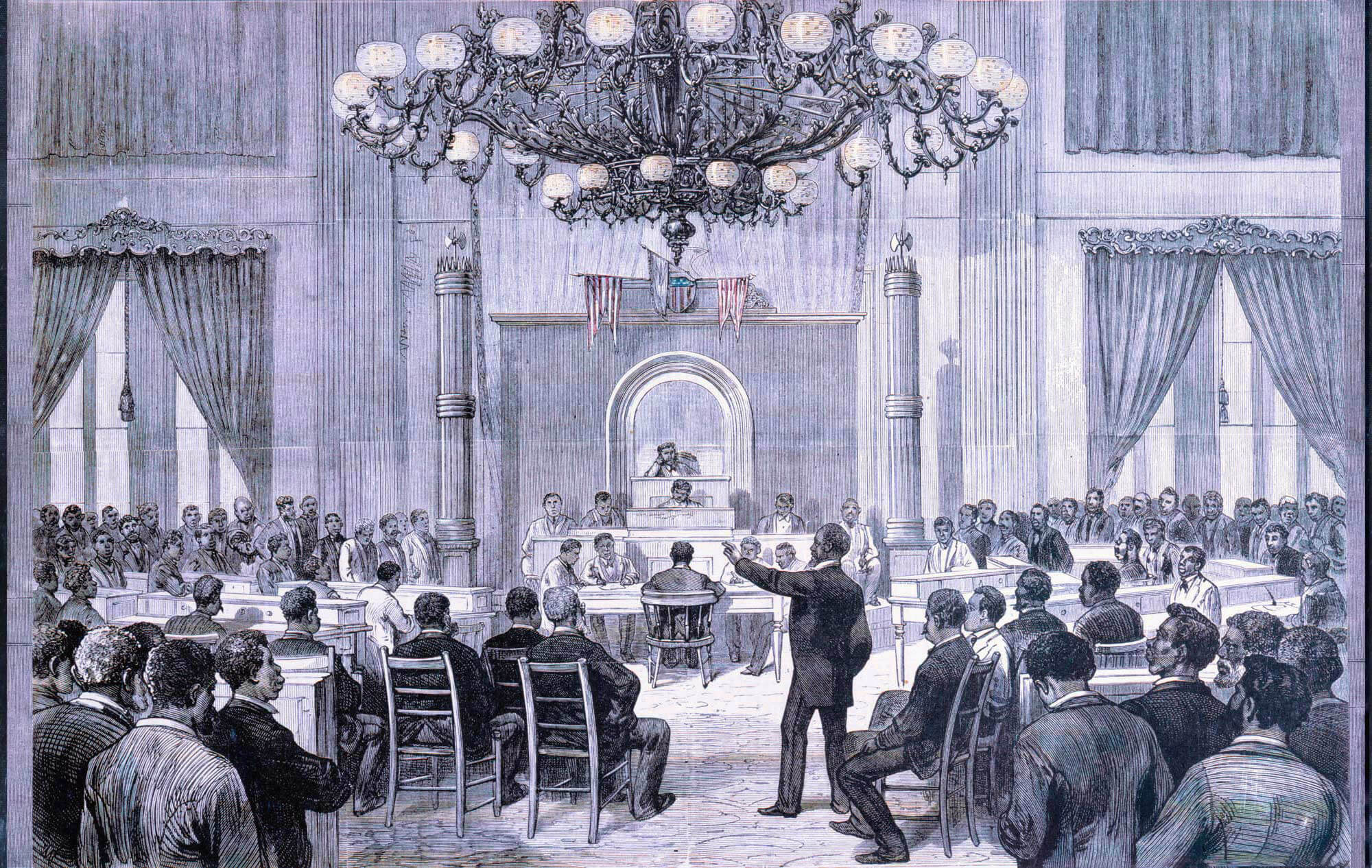
 Dr. Thavolia Glymph, Peabody Family Distinguished Professor of History and Professor of Law at Duke University, will deliver three lectures on “Playing ‘Dixie’ in Egypt: A Transnational Transcript of Race, Nation, Empire and Citizenship,” for the Steven and Janice Brose Distinguished Lecture Series. Taking place on April 18, 19, and 20, the lectures are free and open to the public. This lecture series is sponsored by the George and Ann Richards Civil War Era Center at Penn State through the generosity of an endowment by Steven and Janice Brose and cosponsored by the Penn State University Libraries.
Dr. Thavolia Glymph, Peabody Family Distinguished Professor of History and Professor of Law at Duke University, will deliver three lectures on “Playing ‘Dixie’ in Egypt: A Transnational Transcript of Race, Nation, Empire and Citizenship,” for the Steven and Janice Brose Distinguished Lecture Series. Taking place on April 18, 19, and 20, the lectures are free and open to the public. This lecture series is sponsored by the George and Ann Richards Civil War Era Center at Penn State through the generosity of an endowment by Steven and Janice Brose and cosponsored by the Penn State University Libraries.
The first lecture will be held on Thursday, April 18, at 5 p.m., Foster Auditorium, 102 Paterno Library: “I am not going into the wilds of Africa”: Race and Nation in the Imagination of U.S. Civil War Veterans in Egypt.
“Playing ‘Dixie’ in Egypt: A Transnational Transcript of Race, Nation, Empire and Citizenship” is a study of white Union and Confederate soldiers who joined the Egyptian army of the Khedive Isma’il after the Civil War. It explores why they left the U.S. to become mercenaries of a foreign army and, more centrally, the part they played in making and transcribing notions of race, citizenship, nation, and empire globally and at home. In Egypt, the American Civil War veterans joined an international force of mercenaries, diplomats, explorers, antiquities seekers, journalists, representatives of geographical societies, arms dealers, and tourists, many of whom, like them, were engaged in the fight against the imagined “horrors of racial equality.” In this work, they had the support of the U.S. government— from the White House to Congress and the U.S. Army—and the applause of their communities. When the last of them returned home, Reconstruction was over, and they could say they had played a part in its overthrow.